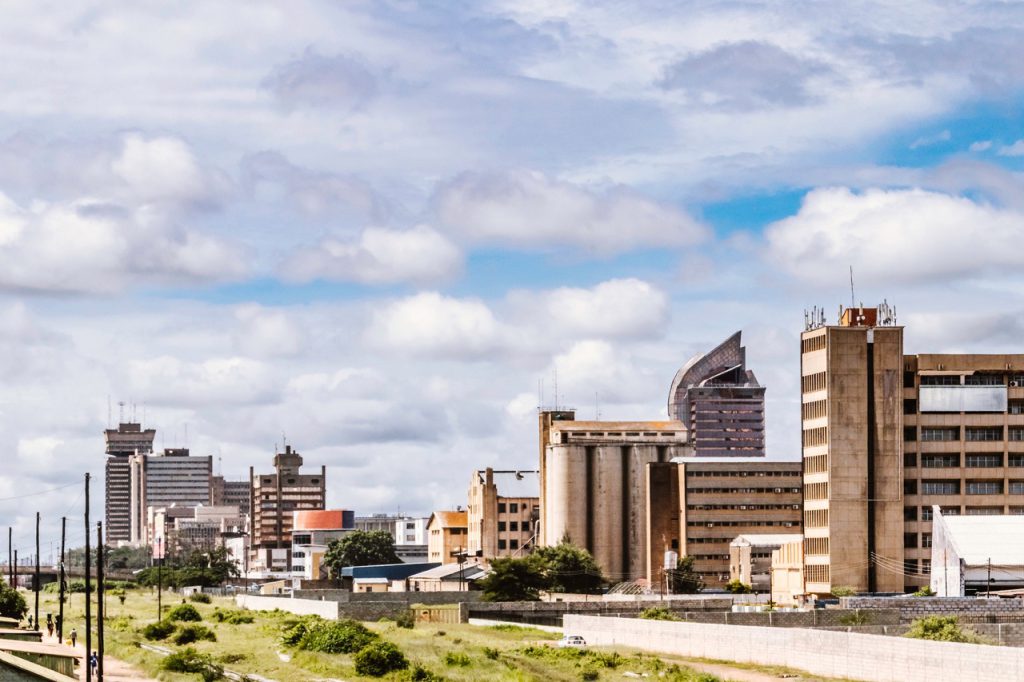Is there a secret to longevity? This health expert says 1,000% yes
In the era of social media, post-COVID, and with mental health at the forefront, a shift is taking […]

Zambia’s economy, once projected to expand by 4.7% in 2022, is now expected to grow by only 2.7% in 2023 due to contractions in the mining and energy sectors, as revealed in the latest budget plan by the country’s Ministry of Finance.
A significant factor of concern is the anticipated decline in the production of copper, one of Zambia’s principal export commodities. According to the budget document, copper output is predicted to reduce to 682,431 tonnes in 2023 from 763,550 tonnes in 2022, reflecting an observable effect of the downturn in the mining sector.
Nevertheless, Zambia has made strides in managing its sovereign debt, having recently finalized a protracted debt restructuring plan with the International Monetary Fund (IMF). This followed a default in 2020, which made Zambia the first African nation to fail in its sovereign debt obligations. The restructuring plan is forecast to alleviate Zambia’s economic burdens, with expected savings of approximately $7.65 billion by 2026, as per the IMF report.
Felix Nkulukusa, the Secretary to the Treasury, expressed optimism, stating that confidence in Zambia is gradually being reinstated as efforts towards restoring fiscal sustainability take shape. This renewed trust comes after the country’s overseas debt rose to a daunting $20.9 billion at the close of 2022.
Further financial transparency revealed in the budget figures highlights that debt service payments will amount to 117.4 billion kwacha ($6.24 billion), equivalent to 16.5% of the country’s Gross Domestic Product (GDP) over the medium term.
The IMF has recently conducted the first review of Zambia’s $1.3 billion Extended Fund Facility (EFF) programme. Following this evaluation, the IMF’s executive board approved an immediate disbursement of $189 million to Zambia, injecting an urgent financial boost into the country’s economy.
Additionally, in a bid to restructure further debt, Zambia aims to sign a memorandum of understanding with private creditors by the conclusion of the IMF’s second review later in the year.
Looking forward, the budget plan anticipates an economic growth rebound, with predicted increases of 4.8% in 2024, 4.3% in 2025, and 5.0% in 2026. This optimism hinges on improved macroeconomic conditions and successful implementation of reforms, suggesting a path of recovery for Zambia in the forthcoming years.

In the era of social media, post-COVID, and with mental health at the forefront, a shift is taking […]

With its fast speeds and revolutionary potential, 5G stands out as a noteworthy milestone in the field of […]